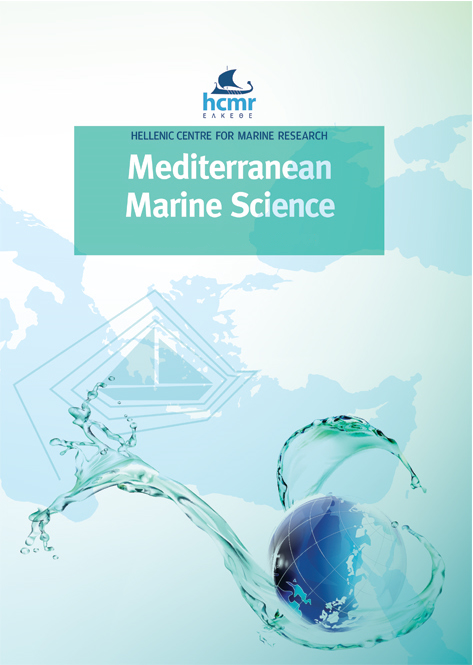Navigating through ocean literacy gaps: an analysis of elementary school textbooks in Croatian education
Abstract
Ocean literacy (OL), defined as understanding the ocean’s influence on us and our influence on the ocean, is crucial for protecting marine ecosystems and resources. This study analysed the integration of ocean literacy principles (OLP) and concepts in Croatian elementary education. The content of textbooks for grades 1-8 across subjects like Nature, Biology, Geography, Chemistry, and Physics was examined. In total, 7,520 pages across 55 textbooks were analysed. The results revealed that, although all seven OLPs were present, numerous concepts were absent or only partially addressed. Discrepancies with the recommended Ocean Literacy Scope and Sequence were identified, particularly in lower grades. The findings highlight gaps in incorporating ocean sciences topics into formal education. Enhanced inclusion of OL principles and concepts across subjects and grades would provide students with comprehensive knowledge about the ocean, empowering future generations to make informed decisions and take responsible actions regarding ocean sustainability and conservation. The findings highlight the necessity for collaboration among ocean scientists, educational specialists, and policymakers to incorporate OL into curricula and textbooks, thereby enhancing students’ understanding of ocean sciences.
Article Details
- Zitationsvorschlag
-
EZGETA-BALIĆ, D., & BALIĆ, N. (2024). Navigating through ocean literacy gaps: an analysis of elementary school textbooks in Croatian education. Mediterranean Marine Science, 25(1), 1–13. https://doi.org/10.12681/mms.35378
- Rubrik
- Research Article
Authors who publish with this journal agree to the following terms:
- Authors retain copyright and grant the journal right of first publication with the work simultaneously licensed under a Creative Commons Attribution Non-Commercial License that allows others to share the work with an acknowledgement of the work's authorship and initial publication in this journal.
- Authors are able to enter into separate, additional contractual arrangements for the non-exclusive distribution of the journal's published version of the work (e.g. post it to an institutional repository or publish it in a book), with an acknowledgement of its initial publication in this journal.
- Authors are permitted and encouraged to post their work online (preferably in institutional repositories or on their website) prior to and during the submission process, as it can lead to productive exchanges, as well as earlier and greater citation of published work (See The Effect of Open Access).





